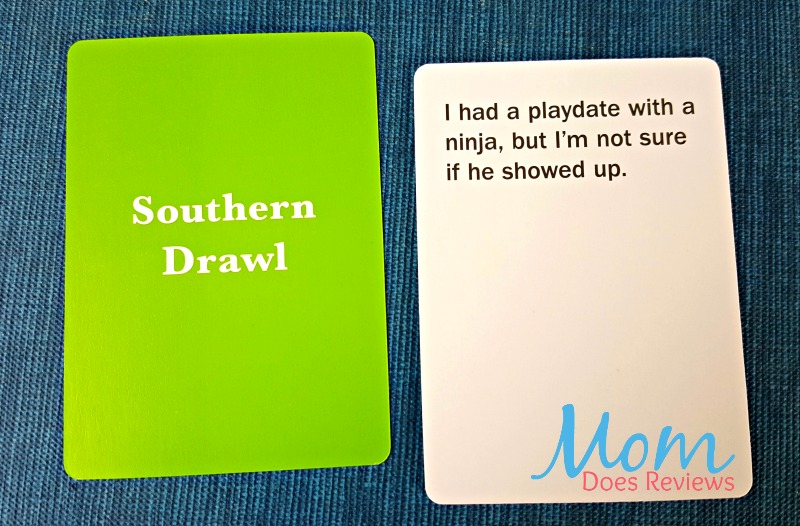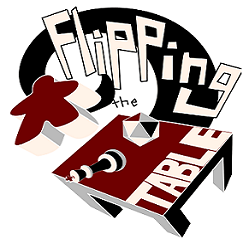It's my first day as a fireworks operator, I don't want to mess this up! Everyone is counting on me to make the best display ever! Well, here we go...
BACKGROUND: Hanabi is a cooperative card game published by Asmodée Éditions for 2 to 5 people.
GAMEPLAY: This game requires players to work together. The deck contains numbers 1-5 in five different colors. There are also information tokens and fuse tokens. To start the game, players are dealt a hand containing five cards (four for 4 or 5 players). Players can not see their own hands, but they can see other players' hands. Each player must play an action on their turn: give information, discard a card, or play a card.
GIVE INFORMATION: The player can information to another player about the cards they are holding, but it has to be complete and correct. An example would be "these 3 cards are your only red cards" or "this card is your only 3 card." It costs one information token in order to do this.
DISCARD A CARD: The player can discard a card of their choosing (without looking at the cards), and draw another card (without looking at the card they drew). The discarded card is out of the game, and it uses one information token.
PLAY A CARD: The player can choose to play a card. This is successful if it is either a 1 of any color that hasn't already been played, or it is the next number sequentially in a color that has been played. If it is a card that has already been played or is not sequential (for example, a card played is a red 2 but the player played a red 4), that card is discarded and a fuse token is used. The player then draws a new card whether or not the play was successful.

LOSING: Since this is a cooperative card game, the game is over and all players lose if the fuse tokens have been used up.
WINNING: The game is over and everyone wins when they successfully make the 5 fireworks before the cards run out. Every player is then awarded 25 points.
Another way to end the game is if the last player takes the last card from the pile. Each player plays one more time, including the player who drew the last card. There are no more cards to pick up. When everyone has played, the game ends and the players add up their score of the largest value card for each of the 6 fireworks.
CONCLUSION: This is a great game to play during the 4th of July to celebrate fireworks and blowing things up. A good rule of thumb is make sure you don't play with people who are too competitive, because this game is all about working together, you all want to win. It's a great family game, and one that you can play over and over again. If you love cooperative games, I highly recommend Hanabi!!
This post was written by Liz Stephens. Go check out her blog at apositivechargeblog.wordpress.com
FTT REVIEW: This is a game I had a hard time reviewing positively solely due to the fact that it is so counter intuitive. The idea of not being able to see your own hand is interesting, but I found it to be frustrating and to go against the feel of the game. In addition, with it being a cooperative game, you're bound to lose more often than you win. If both reviews sound fun, this is a cheap game that is for you, but for me, it's a game that just blew up in my face.



/pic191011.jpg)
/pic179902.jpg)
/pic3747956.png)
/pic1452168.jpg)
/pic1613420.jpg)

